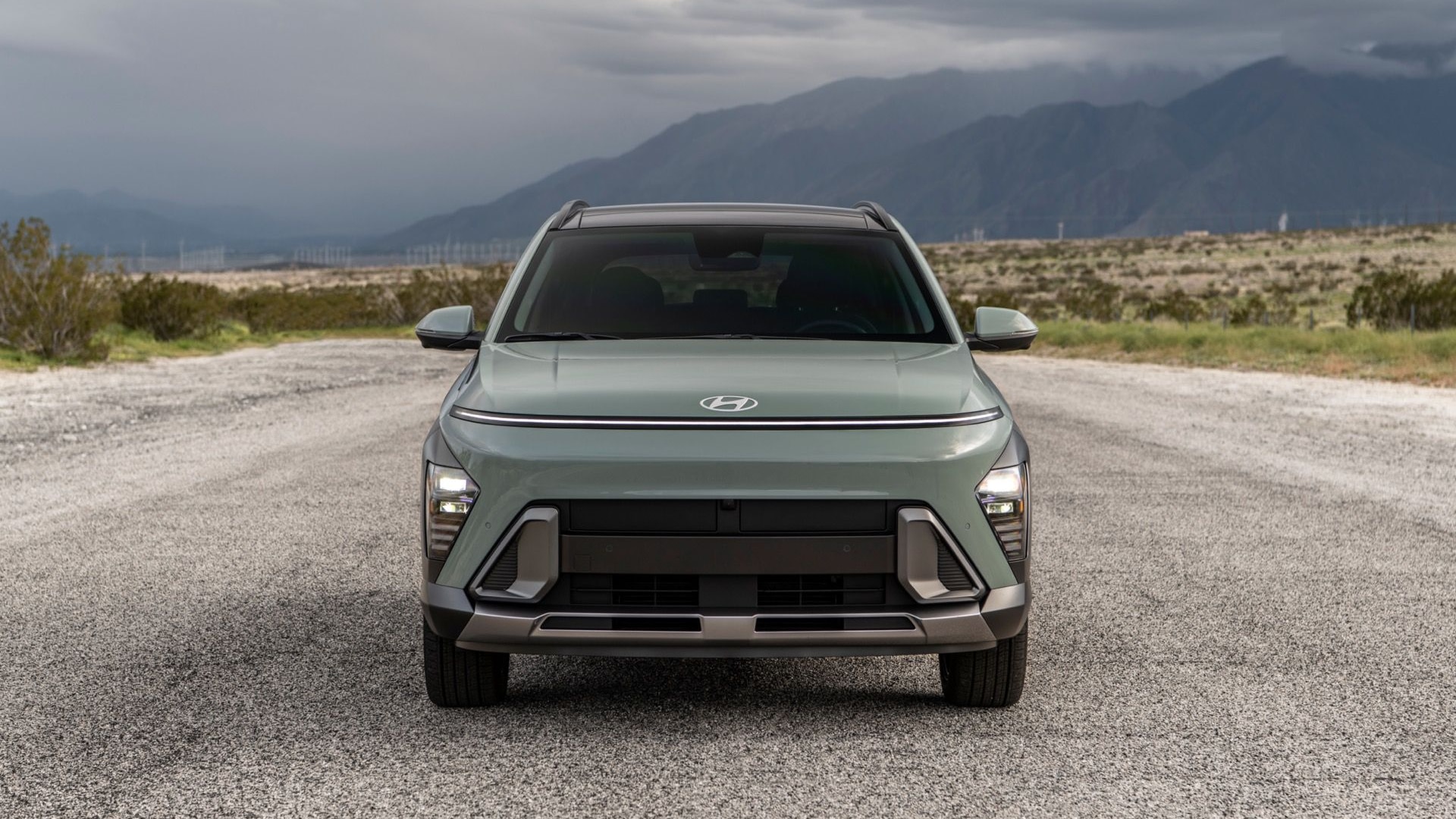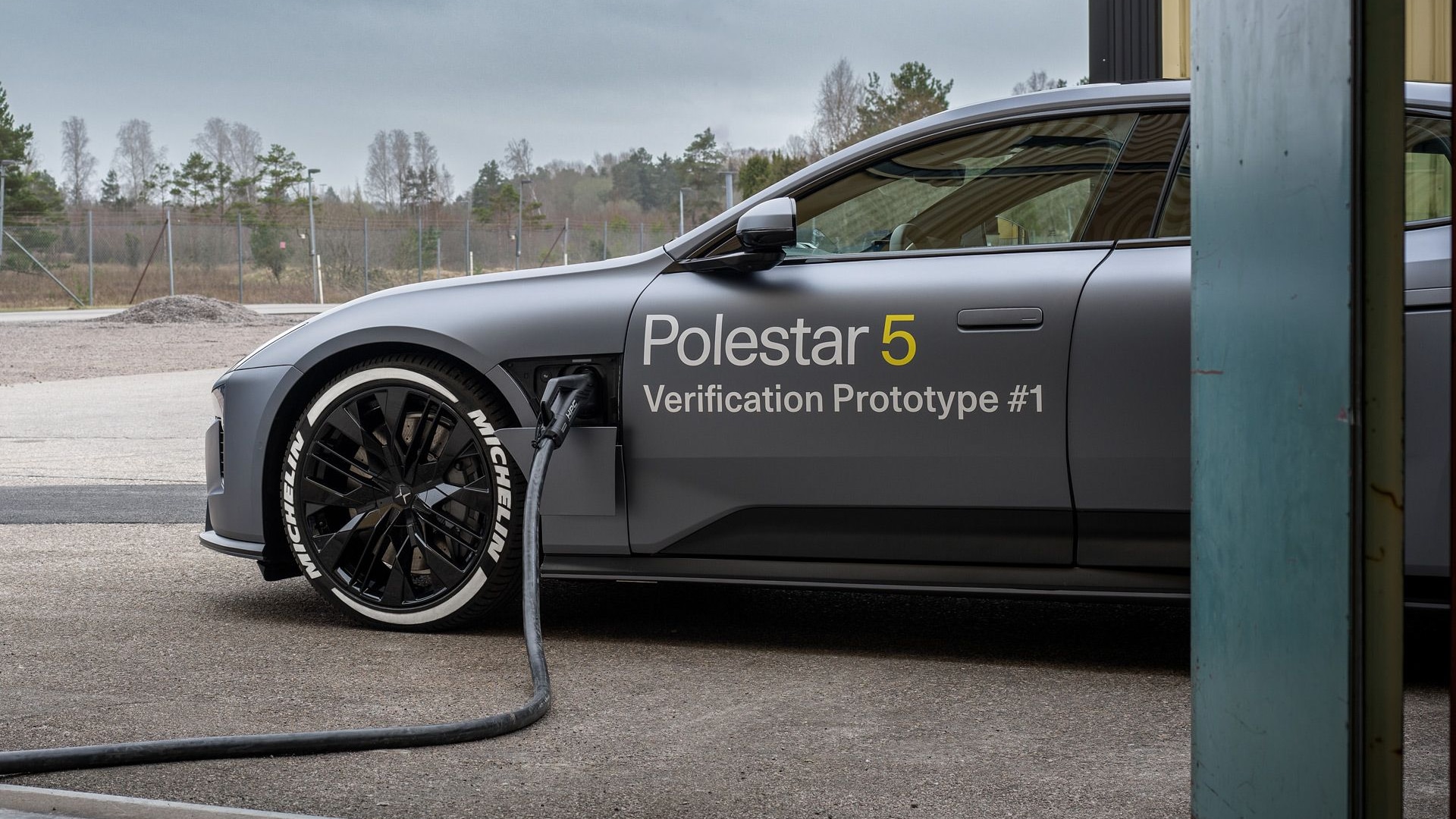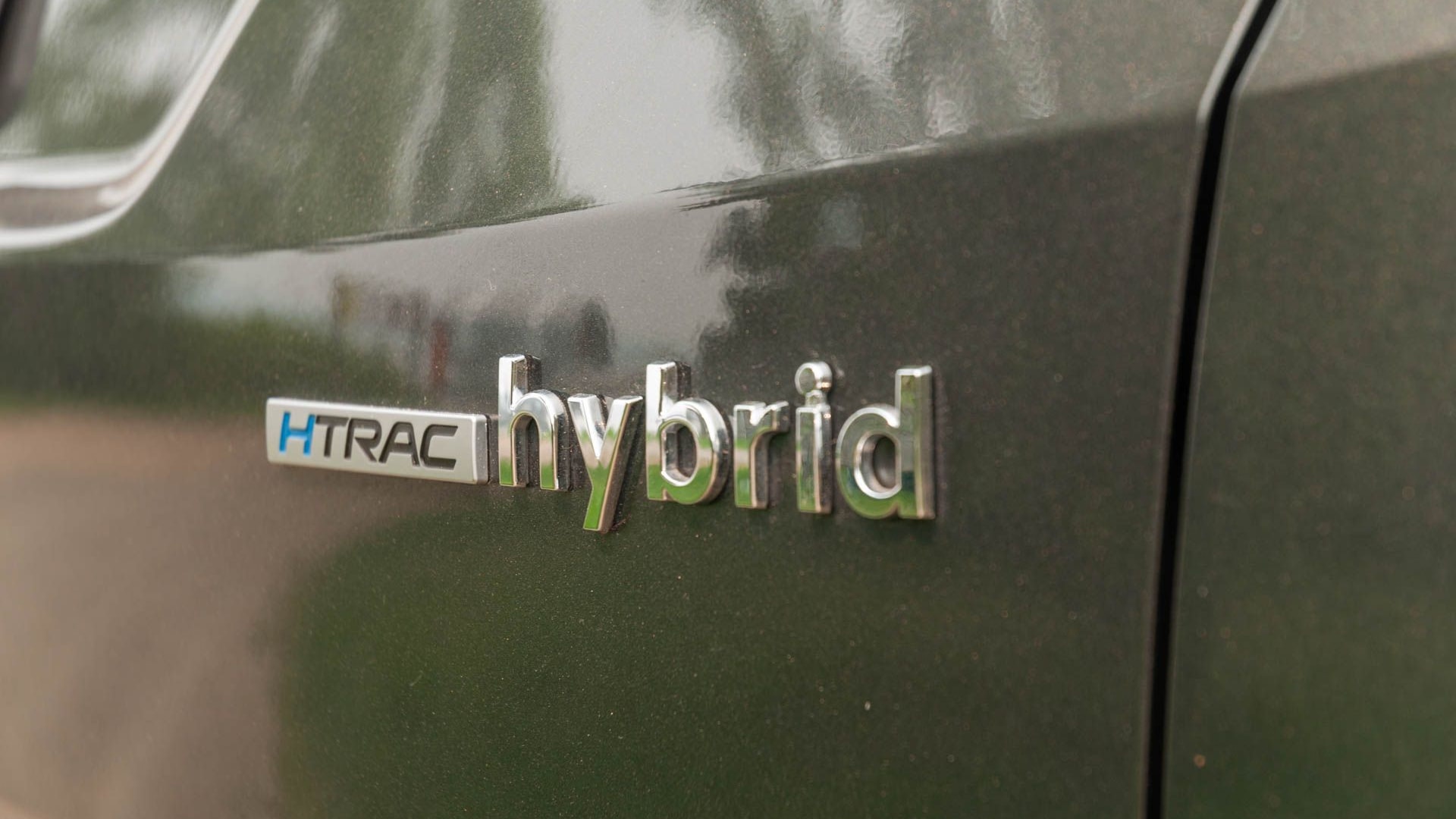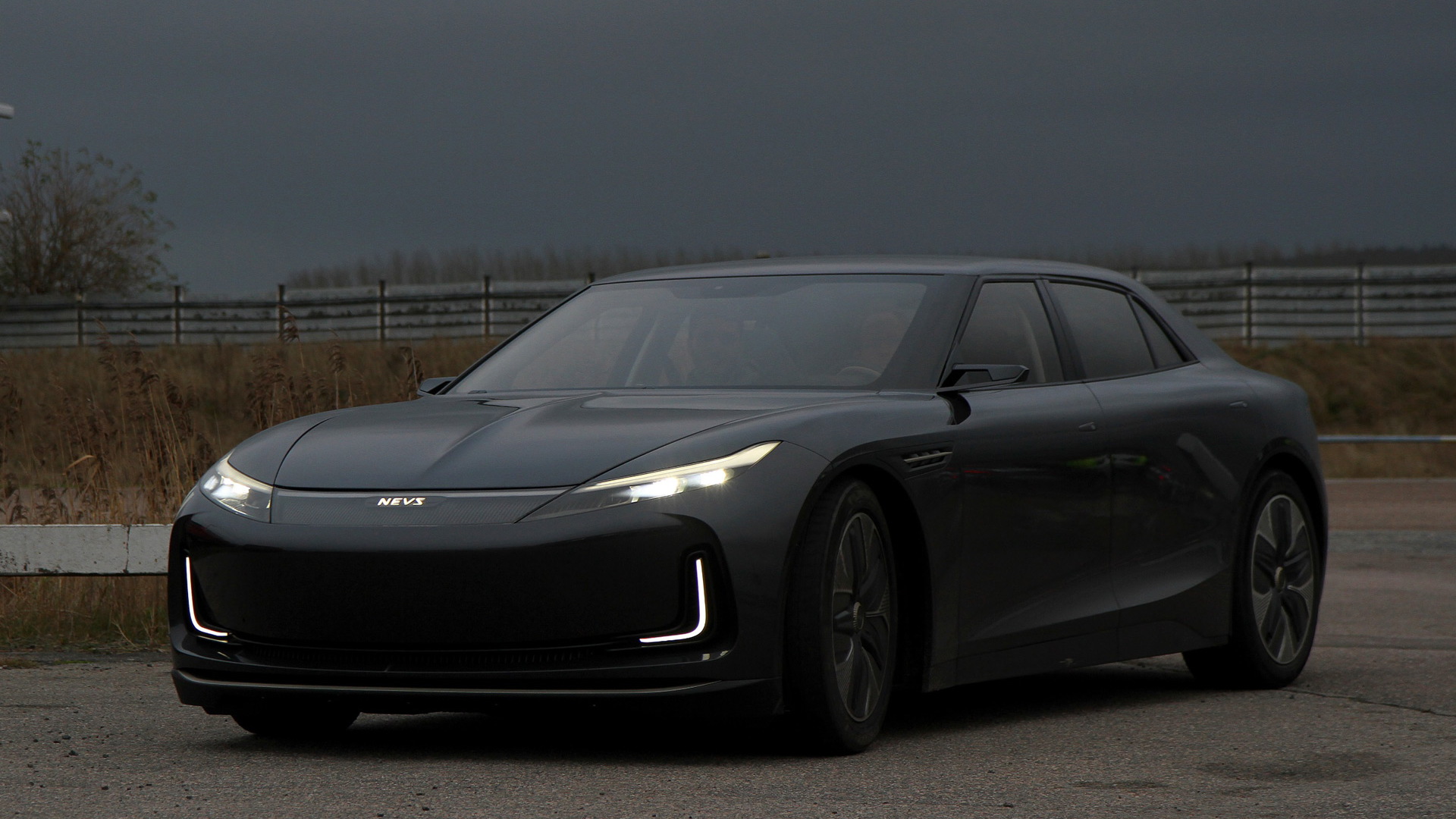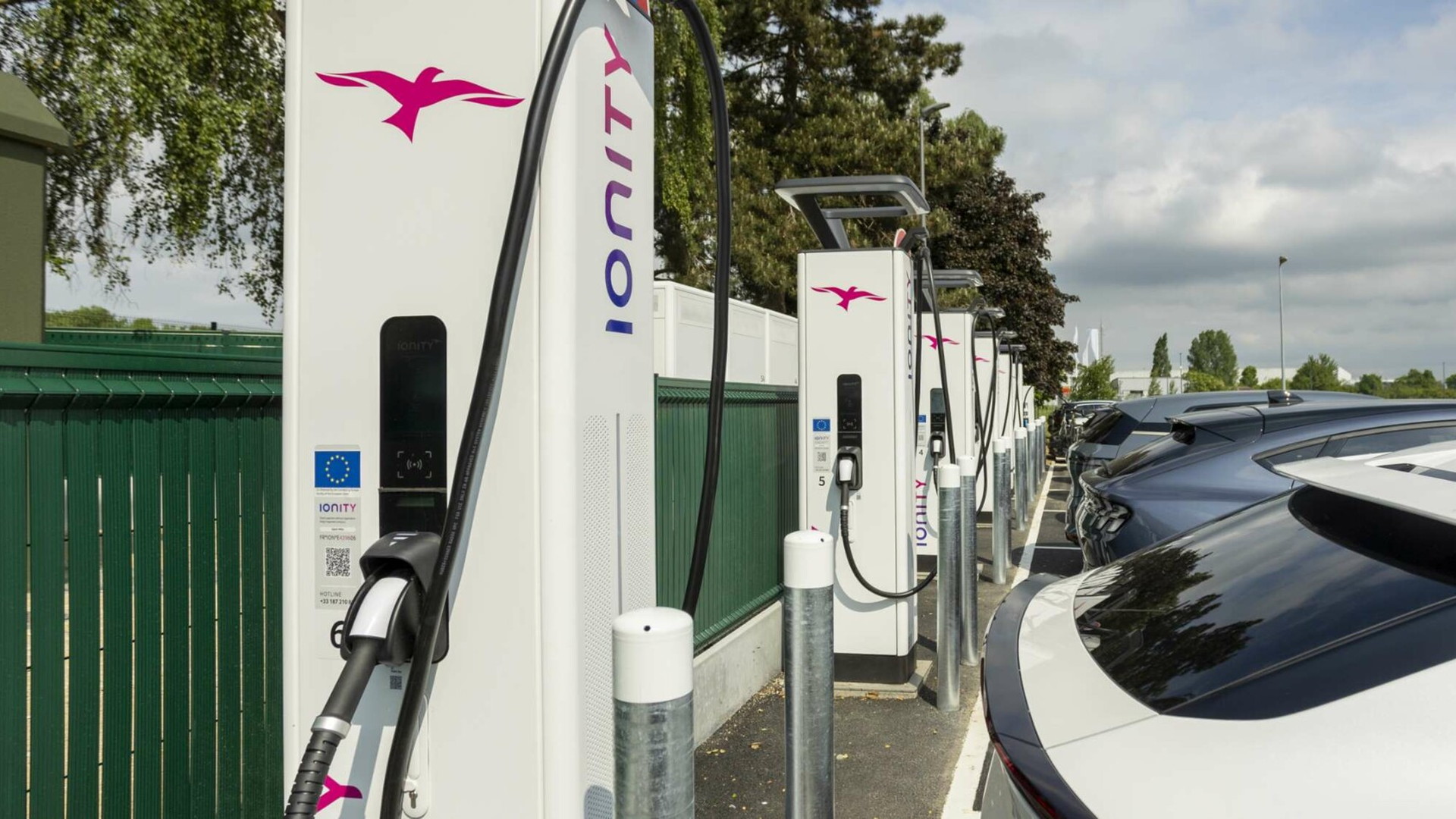American EV ownership is growing, but fewer car shoppers who don't already own an EV are considering one, according to a new Gallup poll.
Of those households surveyed, 7% reported owning an EV, up from 4% a year ago, while a steady 16% of Americans over the past few years indicated that they are "EV consumers," which Gallup defines as those who already own an EV or are seriously considering buying one.
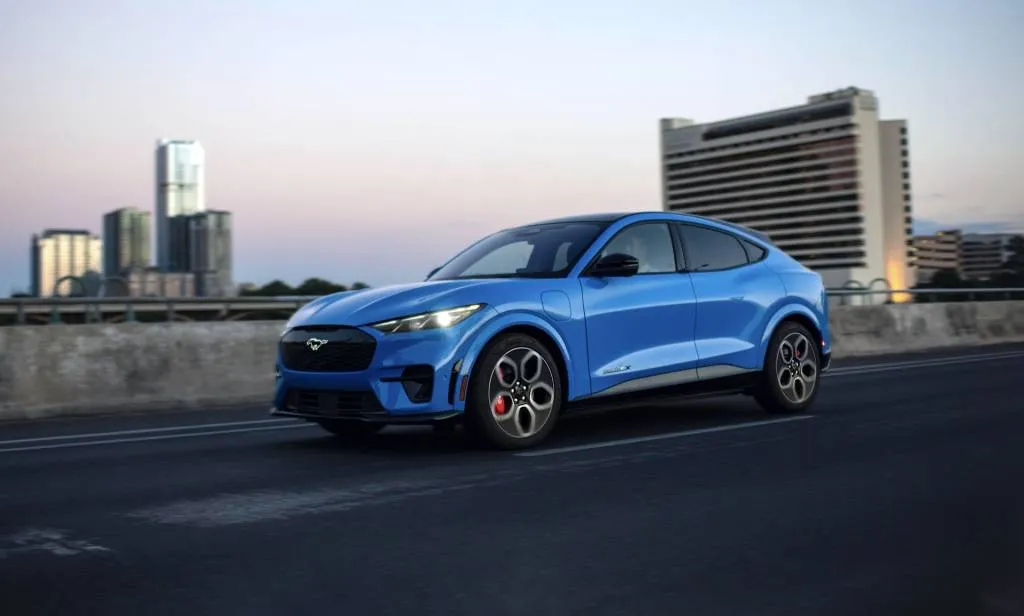
2024 Ford Mustang Mach-E
However, 35% of those surveyed said they might consider buying an EV in the future—down from 43% a year ago. And 44% of adults now say they are "seriously considering" or "might consider" an EV, down from 55% in 2023. Meanwhile, the proportion of respondents not intending to buy an EV at all increased from 41% to 48% since last year.
Income and political leanings were tied to EV aspirations, Gallup found. Upper-income buyers who identified as Democrats or liberals were likely to consider an EV than middle- or lower-income Americans, or Republicans and conservatives. The latter exemplifies a fairly recent trend of Republicans turning against EVs, which which many adherents view as too closely tied to the rival Democratic Party.
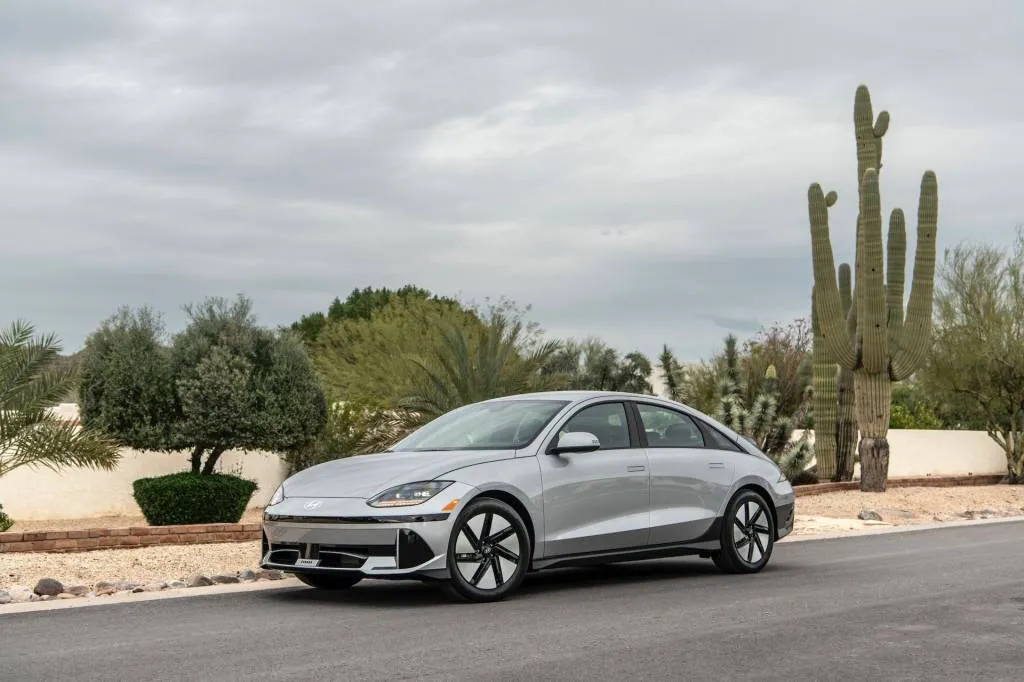
2024 Hyundai Ioniq 6
These findings come in the context of rising EV sales. EVs represent about 8% of the U.S. new vehicle market in 2023, and analysts expect nearly that level of growth in 2024. But there may still be some significant obstacles to achieving that grow.
Gallup also found that older Americans are less likely to buy EVs. The credit giant Experian recently noted the same—even as Baby Boomers dominate EV policy. Recent research from Boston Consulting Group also suggests that the next wave of EV adopters are much like EV early adopters, but with tighter price expectations. It found that only one vehicle meets those needs now—the Hyundai Ioniq 6.
